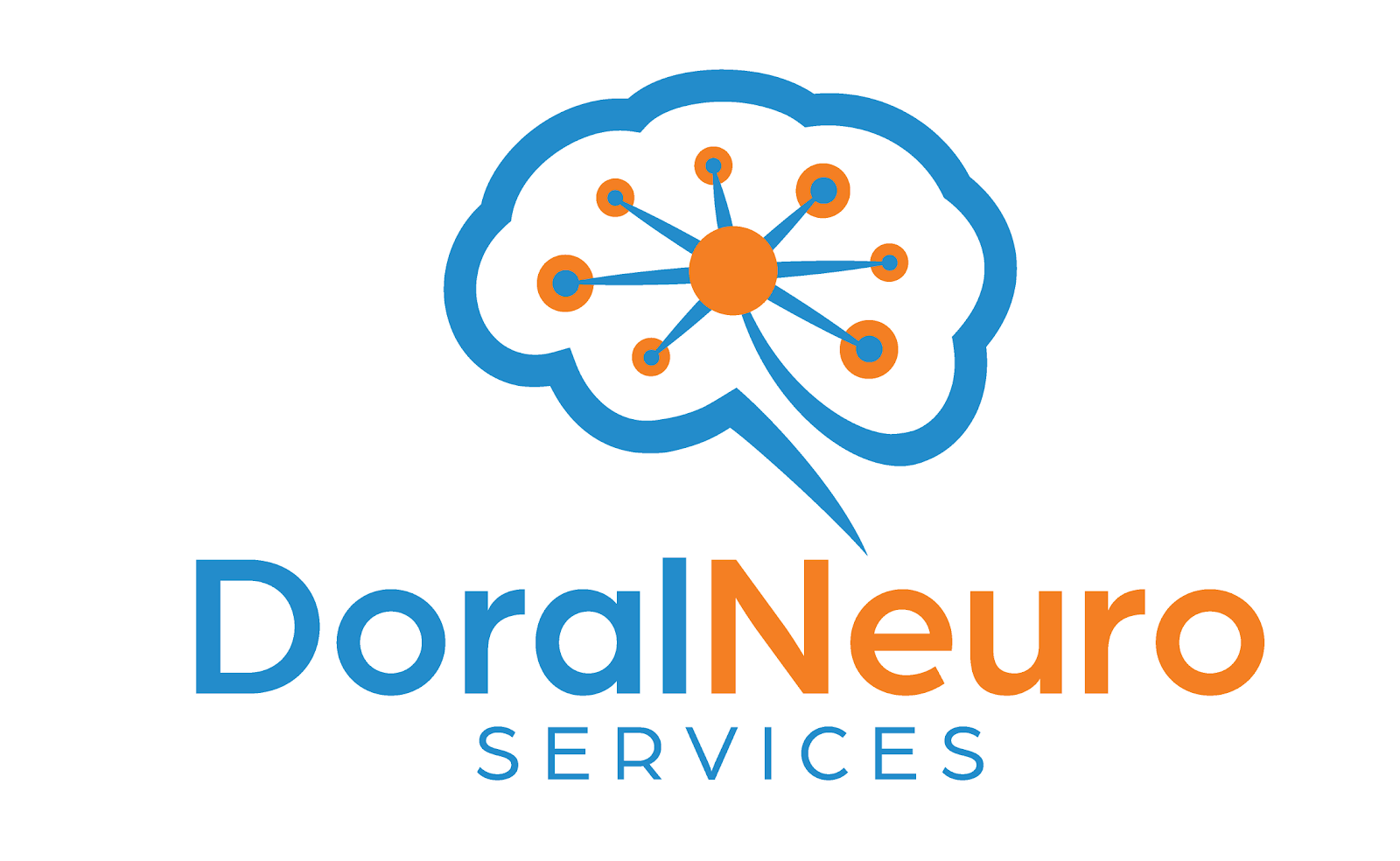Is chronic pain making you miss out on the joys of life? Working with your doctor to find a solution can give you the relief you need. Here are a few ways to do that.
When pain is chronic, it can be difficult to find enjoyment in life, even in activities that you used to love. One of the first steps that you need to take, if you suffer from chronic discomfort or pain, is to talk to your doctor about possible treatment options.
Before seeking help from your physician, it’s important to know what chronic pain is, how to start the conversation with your doctor, and how to prepare for your appointment.
Read on to learn how to start the process of healing.
Know the Difference Between Chronic Pain and Acute Pain
What is the difference between chronic and acute pain?
Acute pain is what you feel when you have suffered an injury or when you are sick. It alerts you that something is wrong. When the issue behind the pain is resolved, the pain usually goes away.
Sometimes, however, acute pain can turn into a chronic condition. One type of chronic pain, nociceptive pain, occurs when tissues become damaged. For example, low back pain from spinal damage is nociceptive. Alternatively, chronic discomfort can also come from nerve damage. In that case, it is classified as neuropathic pain.
How to Start the Conversation with Your Doctor
The only way that you can start receiving treatment for your pain is by talking about it with your doctor. It can be a difficult conversation to begin, but the sooner you have it, the sooner you will be able to get the relief you need.
Here are some steps you can take to prepare for your next appointment.
Prepare for Your Appointment with a Physician
Start by taking notes. Write down where your pain is located, how long it has been going on, and how it has changed over time, if applicable. It is important for you to be as specific as possible. General complaints do not help your doctor narrow your symptoms to a possible cause, so they will not help you find a treatment that works for you.
You should also note whether your chronic pain has any triggers. For instance, migraines often come on after various stimuli. Other conditions may also have triggers that set them off. Tell your doctor about anything that you think might trigger your pain.
Is Chronic Pain Dominating Your Life? Get the Relief You Need
Are you often in pain? Does your chronic condition keep you from living your life the way you want to live it? You don’t have to wait any longer for relief. Treatment options are available.
Get in touch with me today so that we can set up a consultation to discuss your pain and possible treatment options. Stop suffering needlessly and contact me today.

